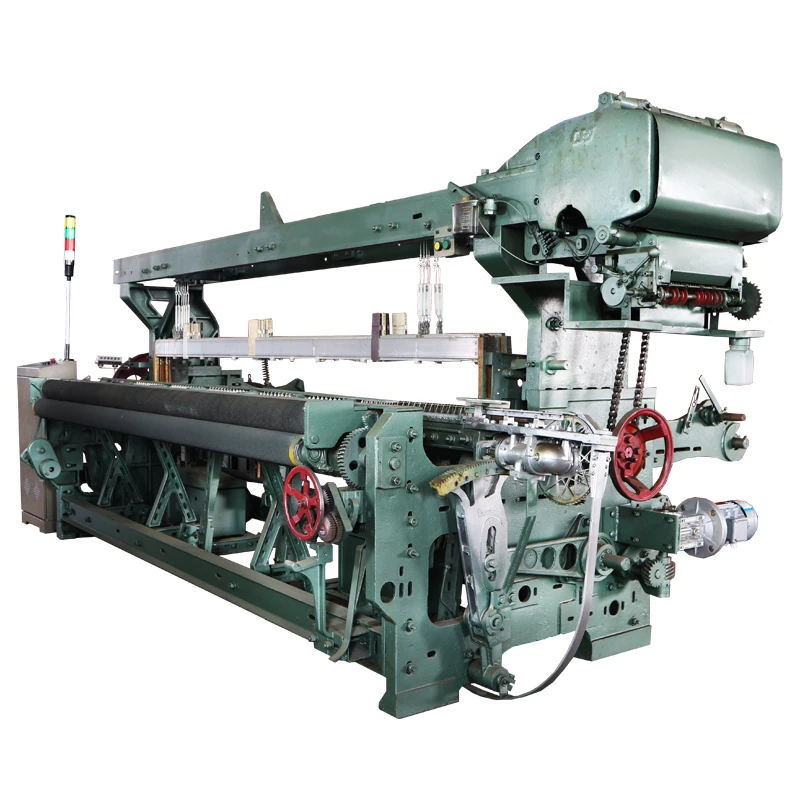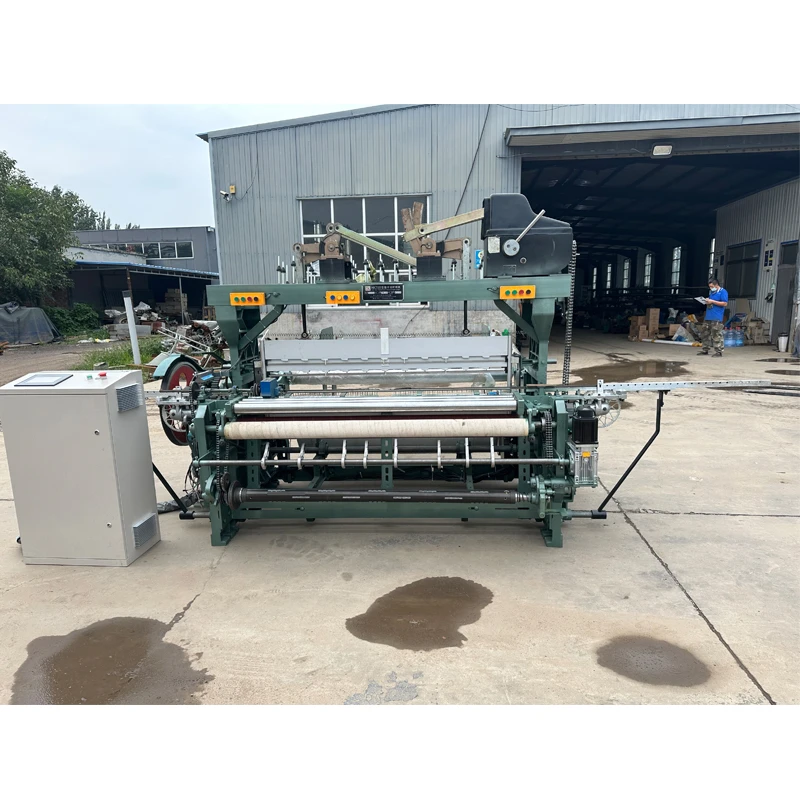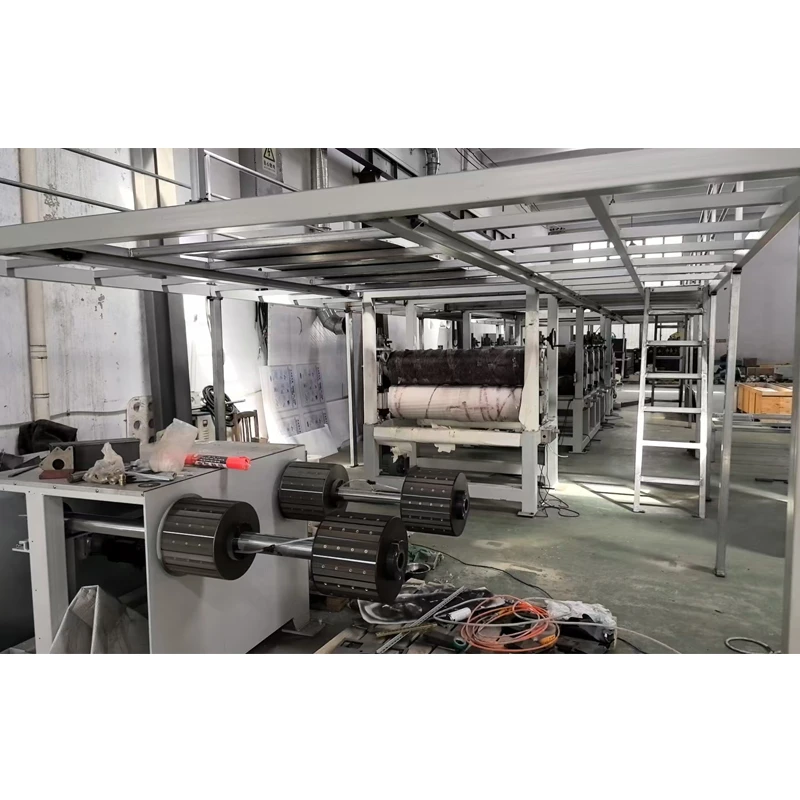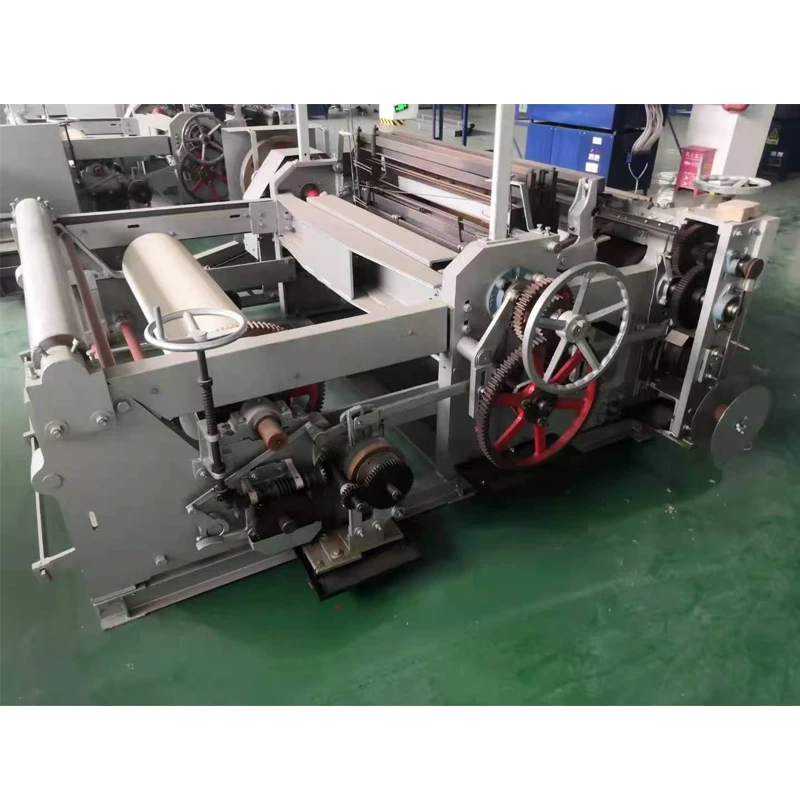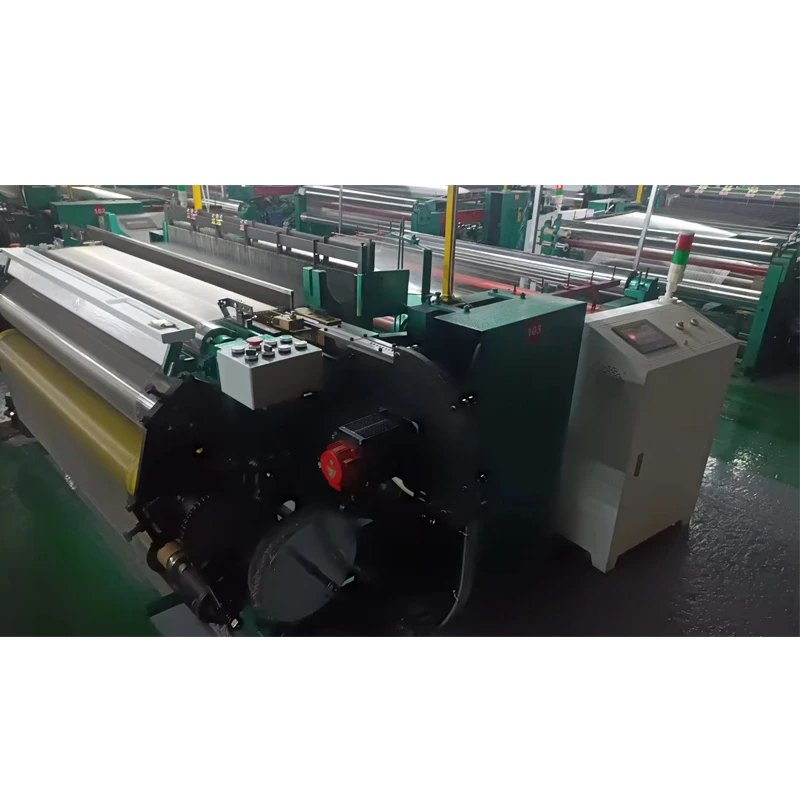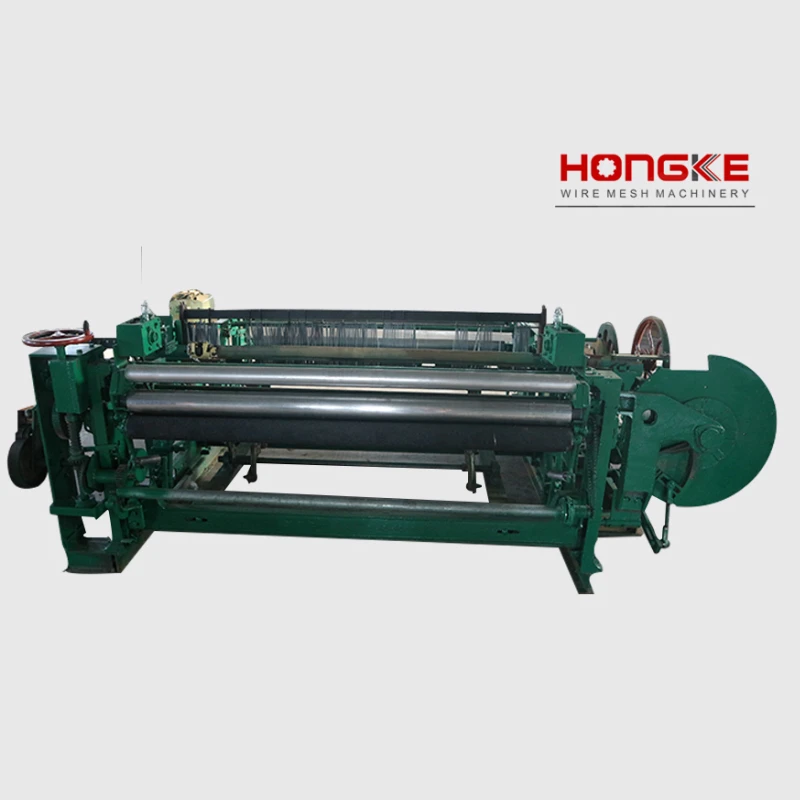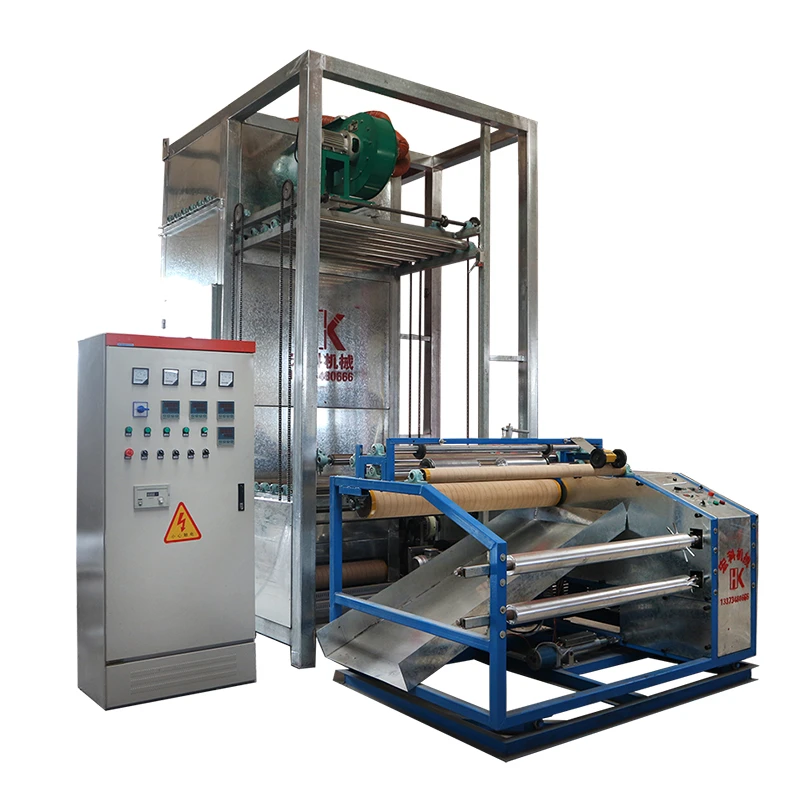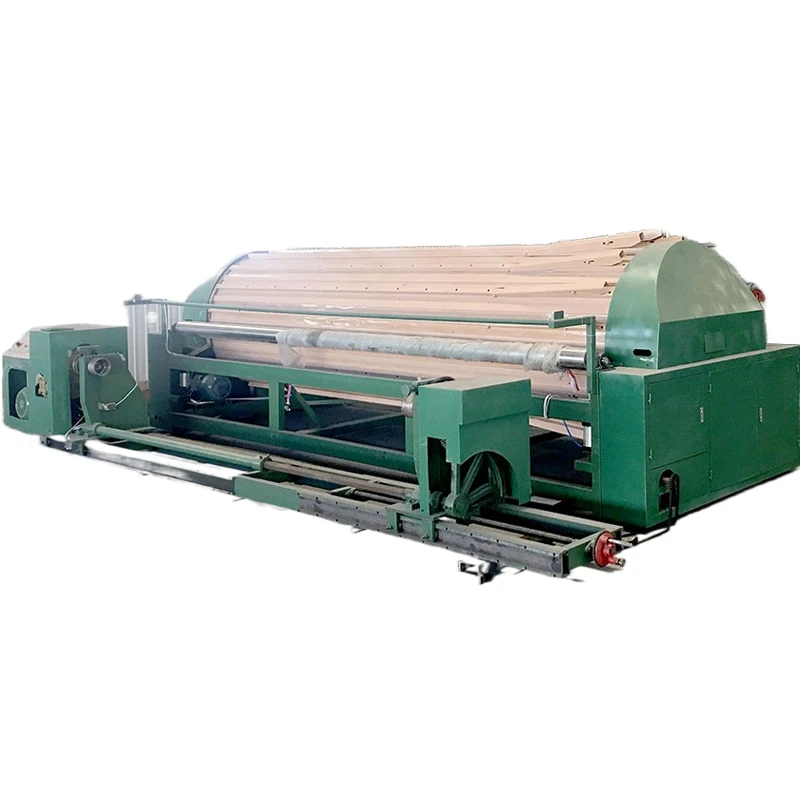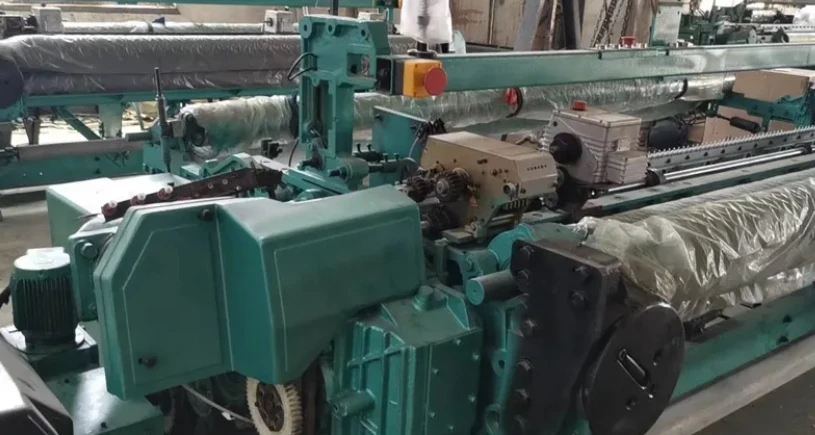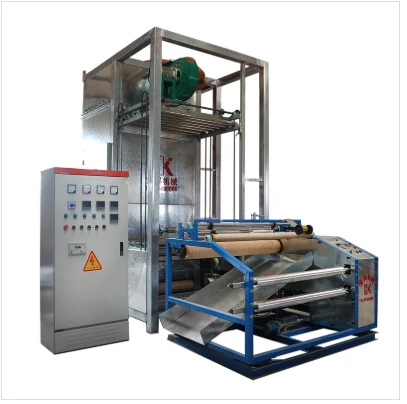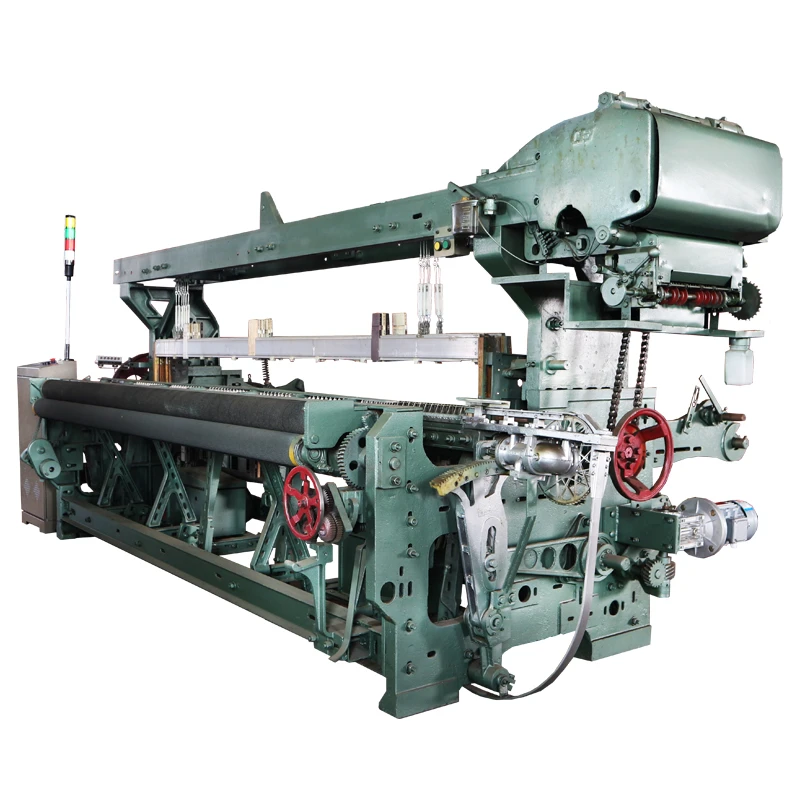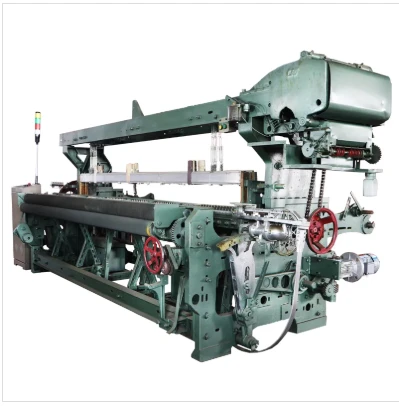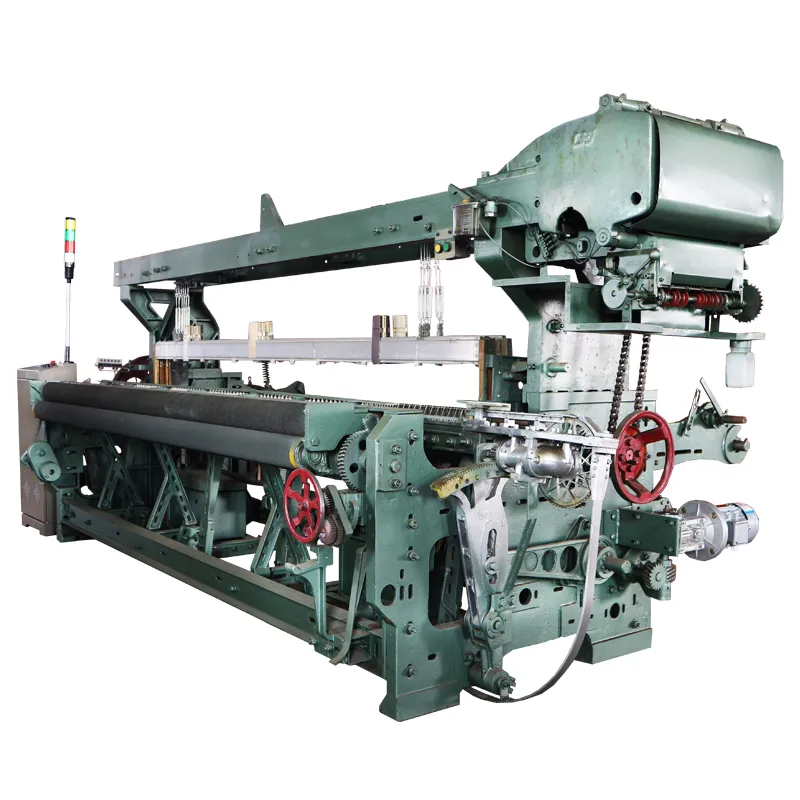
Introduction to Fiberglass Mosquito Net Machines
The Fiberglass Mosquito Net Machine is a specialized production line designed to manufacture durable and aesthetically pleasing window screens. This system integrates multiple advanced machines, including the PVC Coating Machine, Warping Machine, Weaving Machine, and Mesh Quality Inspection Machine. These machines work in harmony to ensure precision, efficiency, and high-quality output. The Anping Hongke Wire Mesh Machinery Factory, a leading manufacturer in this field, provides these solutions to meet the growing demand for durable mosquito nets and window screens.

Key Components of the Fiberglass Mosquito Net Production Line
1. Fiberglass Yarn PVC Coating Machine
The PVC Coating Machine is a critical component in the production process. It applies a PVC resin coating to the surface of glass fiber yarn, significantly enhancing its tensile strength, flexural strength, and surface finish. This machine features a 26-meter-long structure, with a height of 2 meters and a width of 1.8 meters. It operates at 18 kilowatts of power and can produce up to 800 kilograms of coated yarn per day, accommodating 28-30 threads. The machine also includes four grinding tools and two heating stages to ensure the yarn meets stringent production requirements.
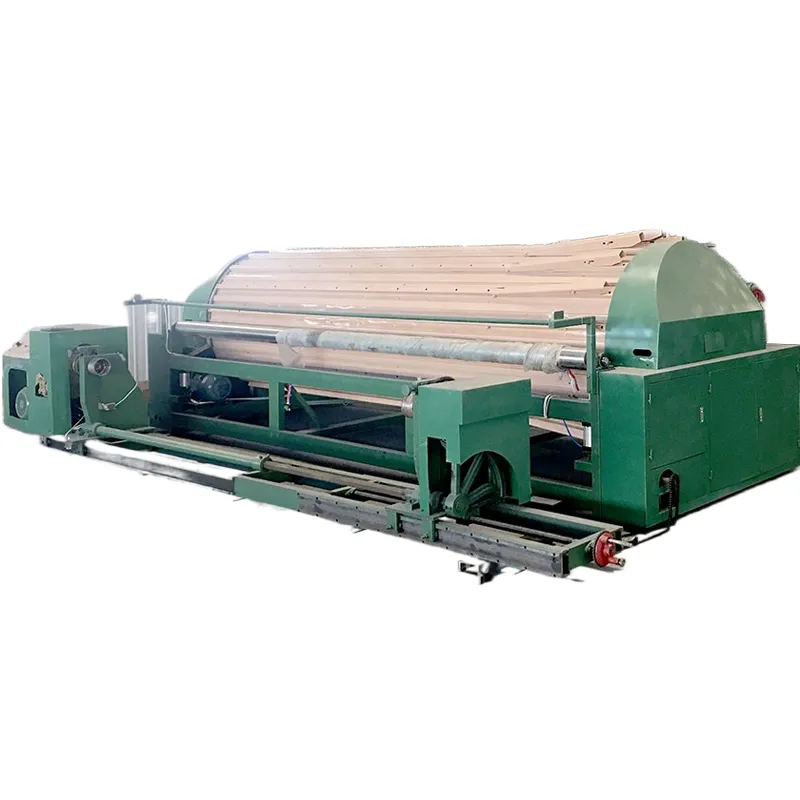
2. Warping Machine
The Warping Machine is responsible for evenly winding glass fiber yarn onto a warp shaft. This ensures consistent tension and arrangement, which is crucial for the weaving process. The 260 Type model, for example, measures 4.2 meters in length, 1.75 meters in width, and 1.25 meters in height. It has a 15 kW power rating, weighs 2 tons (excluding the yarn rack), and operates at a winding speed of 800-1200 meters per hour. Key advantages include high stability, automation, and ease of operation.
| Technical Parameters | Details |
|---|---|
| Machine Size | L4.2m * W1.75m * H1.25m |
| Power | 15 kW |
| Weight | 2 tons (excluding yarn rack) |
| Winding Speed | 800-1200 meters per hour |
| Main Advantages | High stability, high automation, simple operation, uniform warp tension, high output |
3. Weaving Machine
The Weaving Machine produces the final window screen by interlacing warp and weft yarns. The 260 Type model features a 45 kg magnetic powder clutch and Tiger King electric control, offering options for electronic warp sending and winding. It measures 4.2 meters in length, 1.8 meters in width, and 1.45 meters in height, with a 1.5 kW power rating and a weight of 1.8 tons. The machine operates at a speed of 135-165 times per minute, ensuring high production efficiency.
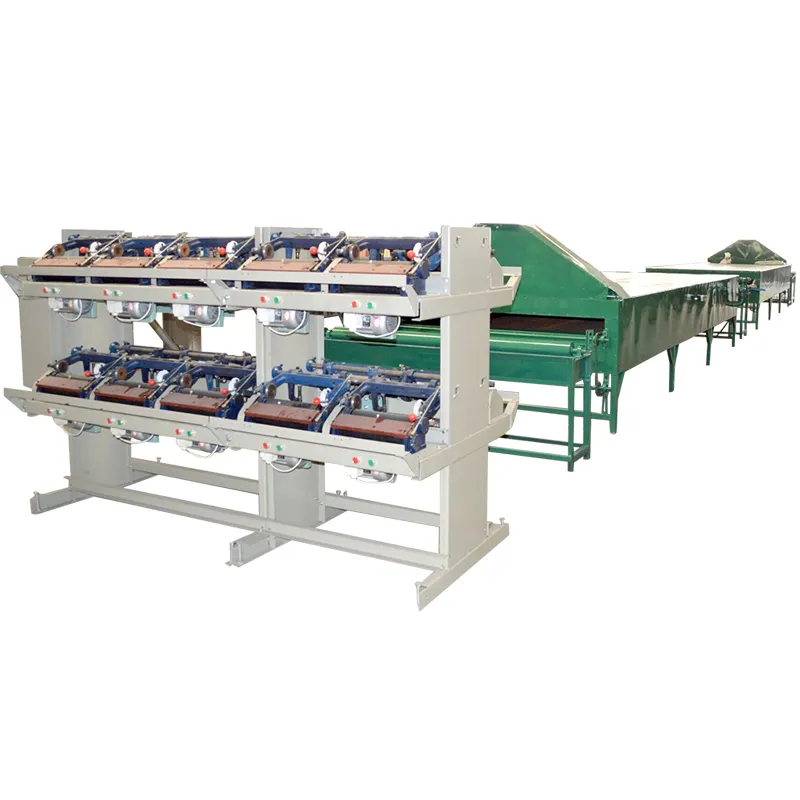
| Technical Parameters | Details |
|---|---|
| Machine Size | L4.2m * W1.8m * H1.45m |
| Power | 1.5 kW |
| Weight | 1.8 tons |
| Speed | 135-165 times per minute |
4. Coating Machine (Shaping Machine)
The Shaping Machine uses high-temperature treatment to bond the warp and weft yarns, enhancing the screen's strength, aesthetics, and flatness. The main model is electrically heated, with a length of 320 meters, a width of 32 meters, and a height of 4.5 meters. It operates at 220 kW of power and includes four ovens for magnetic powder winding. The production rate is 2000-2200 meters per hour, ensuring high throughput.
5. Mesh Quality Inspection Machine
The Mesh Quality Inspection Machine ensures the final product meets quality standards. It can monitor the length and density of the mesh, with an external size of 3100x920x1550 mm and a gross weight of 500 kg. The machine has an electric power of 2.2 kW and can support up to 8 weaving machines. This ensures consistent quality across the production line.
Technical Specifications Table
| Machine Type | Dimensions | Power | Weight | Speed/Output |
|---|---|---|---|---|
| PVC Coating Machine | 26m x 2m x 1.8m | 18 kW | N/A | 800 kg/day (28-30 threads) |
| Warping Machine (260 Type) | 4.2m x 1.75m x 1.25m | 15 kW | 2 tons | 800-1200 m/h |
| Weaving Machine (260 Type) | 4.2m x 1.8m x 1.45m | 1.5 kW | 1.8 tons | 135-165 times/min |
| Shaping Machine | 320m x 32m x 4.5m | 220 kW | N/A | 2000-2200 m/h |
| Mesh Quality Inspection Machine | 3100x920x1550 mm | 2.2 kW | 500 kg | Supports 8 weaving machines |
Applications and Industry Relevance
The Fiberglass Mosquito Net Machine is widely used in the production of fiberglass window screens, fiberglass folding window screens, and mosquito nets. These products are essential for residential and commercial buildings, offering protection against insects while maintaining airflow. The machines are also used in manufacturing fiberglass mesh with specifications such as 14x17, 16x18, and 20x20. The integration of advanced technologies ensures compliance with industry standards, as highlighted by the National Institute of Standards and Technology (NIST) in its role of promoting precision and innovation in manufacturing.
According to NIST, "Precision in manufacturing is critical for ensuring the reliability and performance of industrial products. Advanced machinery like the Fiberglass Mosquito Net Machine plays a vital role in achieving these standards" (NIST, 2025).
About Anping Hongke Wire Mesh Machinery Factory
The Anping Hongke Wire Mesh Machinery Factory is a reputable manufacturer specializing in industrial machinery for the wire mesh and mosquito net industry. With years of experience, the company has developed a comprehensive range of solutions, including spinning and weaving machines, industrial weaving machines, and mosquito net knitting machines. Their commitment to quality and innovation ensures that their products meet global market demands.
Conclusion
The Fiberglass Mosquito Net Machine represents a significant advancement in the production of high-quality window screens and mosquito nets. By integrating cutting-edge technologies and precise engineering, the system ensures efficiency, durability, and compliance with industry standards. The Anping Hongke Wire Mesh Machinery Factory continues to lead in this field, offering reliable solutions that cater to both residential and commercial applications. As noted by NIST, "Innovation in manufacturing processes is essential for maintaining competitiveness and meeting the evolving needs of industries" (NIST, 2025).
References
National Institute of Standards and Technology (NIST). (2025). Driving Innovation in Manufacturing. Retrieved from https://www.nist.gov/.

Pervious








